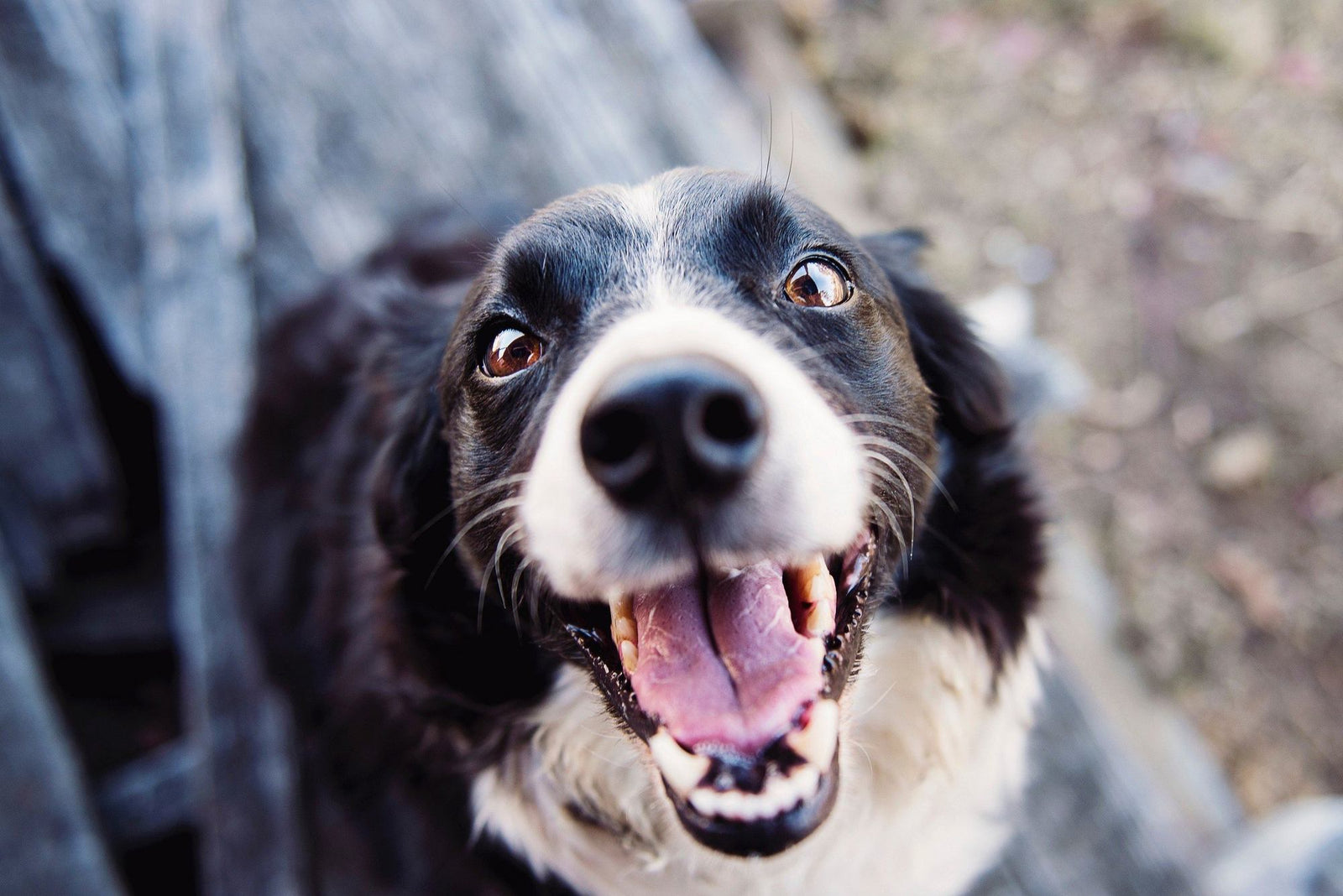Accessories
Check out our full lineup of yoga accessories to help you with your daily meditation practice and fitness goals...
Try our new Cork Yoga Brick for soft but solid support
Check out our full lineup of yoga accessories to help you with your daily meditation practice and fitness goals...

4 Ways To Help Your Dog Deal With Separation Anxiety
5 min read
4 Ways To Help Your Dog Deal With Separation Anxiety
We all have to leave our pets at home at some stage. We close the front door on our pets to go to work, to go away for the weekend or for an extended holiday. Our beloved dogs and cats would have us with them all the time if it were their choice. So what effect does leaving our pets have on them? When we close the door, what does our pet experience?
Luckily there have been studies done on the effects of leaving our pets for various times apart. While the data for dogs is conclusive, for cats the data is divided as you will see at the end of this article.
Firstly, How Do Dogs Measure Time?
A study measuring the effects of dogs being left alone found that after 2 hours dogs greeted their owners with more intensity than after 30 minutes of being left alone. There was no difference however between 2 and 4 hours. This suggests that dogs can tell the difference between 30 minutes and 2 hours.
But What About Days? Can Dogs Tell the Difference Between One Day and a Week?
A dog learns that his/her owner is associated with all the positive reinforcements: food, play and social bonding. Psychologists call this associative learning. When we leave for extended periods it is possible that these associations begin to fade. Positive reinforcements are and associations are being made with different humans. Psychologists call this fading of association, “extinction.” The good news is that “extinct” prior associations are easily re-established, suggesting that these associative memories never really go away. This explains the videos of service men and women coming home to their dog who initially don’t appear to recognise their owners before going nuts with affection. Check out this dog and owner re-union after 3 years apart!
What Happens When We Close The Front Door?
Each dog is unique and will deal with separation with its owner in its own way. Dogs pick up on your leaving routine and start to react once they see and hear the triggers of separation. For example if your leaving routine always includes getting your lunch from the fridge, packing a certain bag and then picking up your keys your dog will associate this these behaviours with you leaving. Well before you are saying your goodbyes (Q. Does anyone not say goodbye to their pets?) your pet will be in tune with the fact that you are going and will react accordingly.
For anxious pets, The Canine Behaviourist and Welfare Team (CBWT) from The Battersea Dogs Home in The UK https://www.battersea.org.uk/about-us/what-we-do say that once the reality of the situation dawns on the dog it can begin to experience considerable amounts of stress.
For an anxious dog, when left alone its stress levels will increase. This means its' heart rate, respiratory functions and levels of stress hormones such as cortisol are also likely to rise.
For these dogs, the most common markers of painful isolation are barking and howling and “destructive behaviour.” Some signs like pacing and excessive salivation are subtler and can also be markers of acute stress. Dogs can also urinate on the floor as a way of relieving stress. At the extreme end of the spectrum, dogs can develop separation anxiety and depression if they are left alone long enough without any good coping mechanisms.
Can I Train My Dog To Deal With Separation?
Just like humans, some dogs are just better at dealing with stress than others. Many dogs will barely raise an eyelid or get off their rug let alone experience any stress or anxiety when you leave.
The good news is all dogs are able to learn during the critical socialisation period as a puppy, around 3-14 weeks old, that being left alone is okay.

Gradually Build Up The Time They Are Left Behind
It is possible by gradually and positively building up the time they are left alone so that each time it’s longer and longer. When they’re young, don’t suddenly throw them in the deep end instead manage the training process gradually.
While it’s trickier to teach an old dog new tricks, a similarly “gradual process of desensitisation” could prove effective in the long run.
Get Another Dog
If there were no barriers of time and commitment as dogs are pack animals experts say if possible when choosing to get a dog, consider a second dog so your pet has company. Due to a myriad of reasons of course this is only an option for some people and for most is simply not practical or possible.
Home Alone Toys
One suggestion is to prepare a “home alone box,” a container that contains a bunch of toys and treats your pet will love. Include soft toys, a chew or pig's ear, a few dog biscuits wrapped individually in sheets of newspaper, empty toilet rolls and your pet’s favourite blanket.
When you’re about to leave the house, place it in front of them, and let them have a rummage around. Then, confidently, leave the house don’t make a fuss of it. What you are doing is building positive associations for your pet about you leaving.
When you enter the house again immediately pick up the box and bits that he/she has taken out of it and put them on the side. Repeat this every time you go out but do it gradually, first 20 minutes, then half an hour, an hour and so on.
The idea is that your pet will realise that these specific treats will only come out when you leave the house. Over time, as their confidence grows, you can spend longer away and they’ll hopefully be more of less content with their box of distractions.
Prepare Your Home
Closing the curtains, to stop them being distracted by the sight of you leaving, may also help as can leaving on the tv or a radio and leaving them with an article of your clothing which suggests you are close by.
Do Cats Miss Us?

Would you be surprised if the research was divided? Cats are said to either not miss you at all or to be agitated and annoyed that you left them.
Evidence that your cat missed you is if you come home and your cat is purring and stretching a lot. If your cat is extra cuddly and wanting to be stroked then you have been sorely missed.
If you come home and your cat appears agitated then they are annoyed with you for leaving. But in the cat world isn’t that the greatest love of all!
BestPet
Leave a comment
Comments will be approved before showing up.
